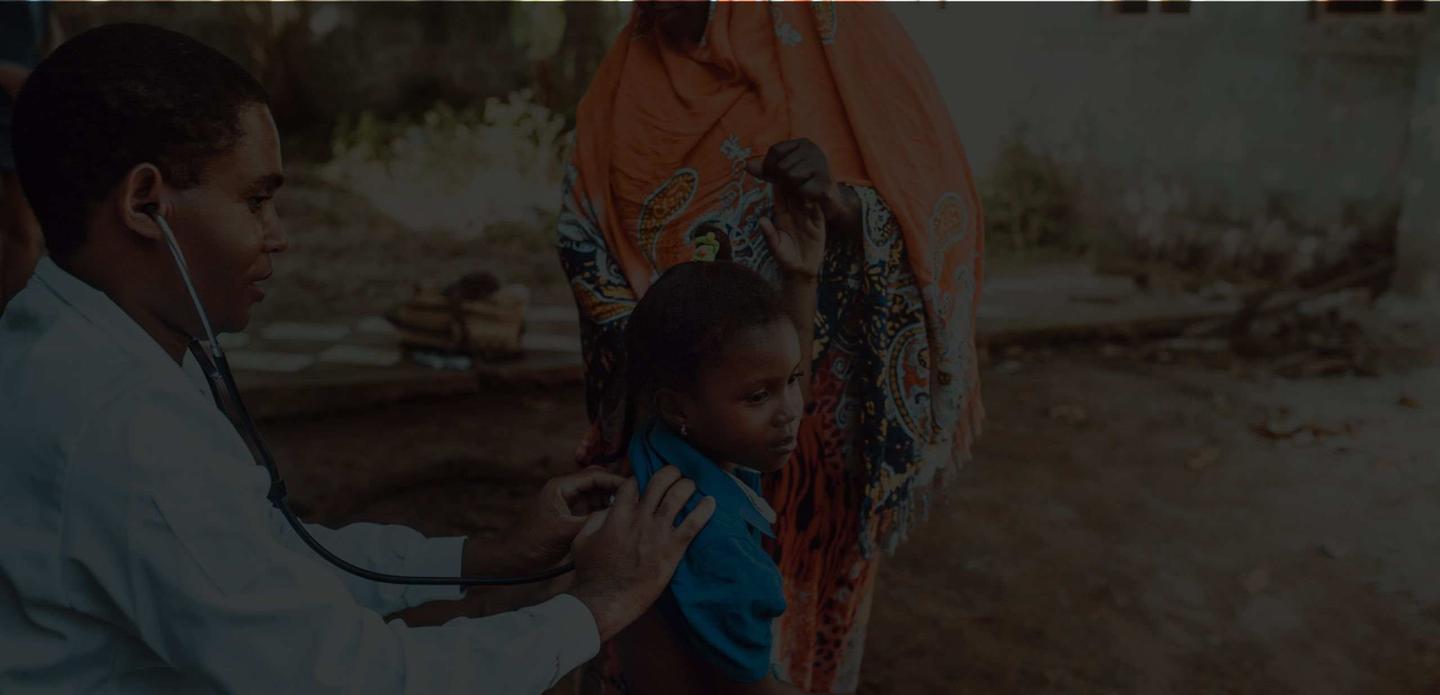
Thank you for completing the form and downloading the data!

Measuring Public Perceptions of Noncommunicable Diseases
Awareness and Understanding of Noncommunicable Diseases (NCDs)
To better understand the issues that surround the public's perceptions of NCDs and their risk factors, Gallup collaborated with Bloomberg Philanthropies and the World Health Organization on surveys in Colombia, India, Jordan, Tanzania and the United States, asking questions related to attitudes, perceptions and experiences of NCDs. The surveys are nationally representative and allow for cross-country comparability. Specifically, the focus is on people's attitudes and perceptions toward the four major types of NCDs: cardiovascular diseases, cancers, chronic respiratory diseases, and diabetes.
The respondent level nationally representative data set for these countries has been made available for independent research. The aim of this study is to enable more effective communication and outreach on NCDs, and to strengthen advocacy for effective policies to protect people from NCDs.
The data and analyses from this study will be used to:

Improve awareness and understanding of NCDs and their risk factors by developing more effective communication

Bridge the knowledge gap between the NCD technical scientific community and the general public

Strengthen public knowledge of NCDs and their risk factors to support advocacy efforts and encourage policymakers to prioritize interventions that address NCDs and their causes

Download the Data.
Download the raw data for your own research purposes. Help us research and investigate how people view and understand noncommunicable diseases.
While the COVID-19 pandemic held global attention over the past two years, the threat of noncommunicable diseases has continued to escalate. NCDs, which include cancer, diabetes, heart disease, stroke, and lung diseases like asthma, now kill more people than communicable diseases. Every two seconds, someone aged under 70 dies prematurely from an NCD, and the situation has been acutely compounded by COVID-19.
Many policies and strategies exist to combat the rise of NCDs -- these are well known to health sector professionals and policymakers. However, public awareness of NCDs and their risk factors needs much improvement. This could be achieved, to a large extent, through more effective communication and advocacy campaigns which use simple, direct, and context specific language that people can relate to in their daily lives.
Download the data.
Complete this form to download the raw data for your own research purposes.